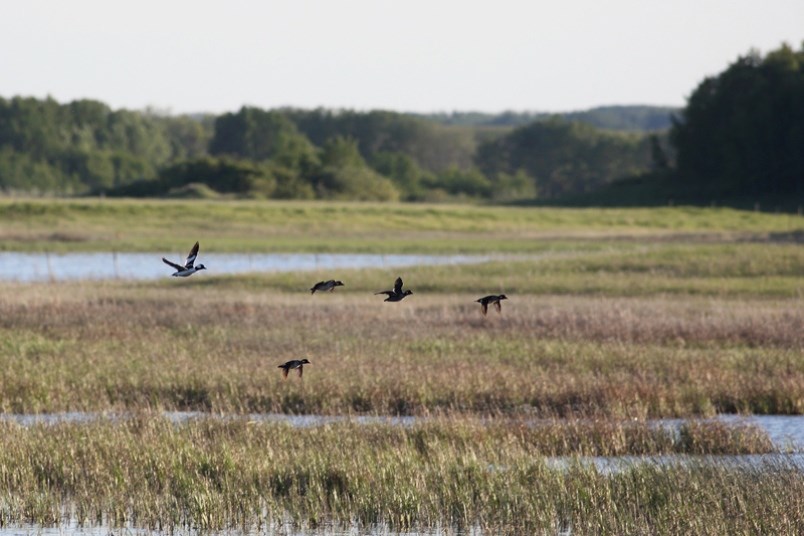YORKTON - A report released recently by the U.N. Intergovernmental Panel on Climate Change (IPCC) did not paint a particularly rosiey vision of our future.
The report, which seems somehow to have failed to make a major news splash, suggests the world is likely to surpass its climate target of limiting warming to 1.5 degrees Celsius above pre-industrial temperatures by the early 2030s.
The tick up in average temperature does not seem like a lot, but ecosystems are fragile, and changes in climate can have dire circumstances.
Scientists – to be fair not all -- suggest climate disasters will become so extreme that people will not be able to adapt.
That admittedly seems highly dramatic given how humans have learned to adapt to live in just about every environment on earth. Of course, we as a species adapted over centuries, where the impact of climate change; heat waves and famines and similar major disasters are expected to happen soon if climate change is not curbed.
Now there are some issues moving forward in terms of dealing with climate change starting with how the issue is viewed by ‘voters’.
There is a noticeable growing reluctance to believe science. Whether that is because we can no longer understand it, or simply we don’t like what is being said, so we discount it – the ostrich head in the sand approach -- but many question the validity of climate change.
Now if the naysayers are correct and nature is doing what nature does then all will be well, and if those who doubted the science want to taunt they were right a century from now that’s fine because all would be well.
But, if the current science is correct, we address things now, or the world will be irrevocably changed.
The question is can the world come together to make the necessary changes?
The answer is likely no.
The United States might have the will to build a wall between itself and Mexico, or to ban books in school, but to really clamp down on greenhouse emissions – impacting big business and their political donations, don’t expect massive movement quickly.
Is warmongering Vladimir Putin contemplating greenhouse gas emissions in Russia as he announces moving nuclear weapons into Belarus? Of course he isn’t?
Are greenhouse emissions at the top of the list in populace China, a country still very much dedicated to growing its economy?
Are the poor nations thinking greenhouse gas emissions? Or, is feeding the populace the main concern?
To bring the various nations together on any issue is hard. Even consensus of banning landmines has proven impossible. Fixing things to impact climate change may sadly be beyond what our species can manage.






